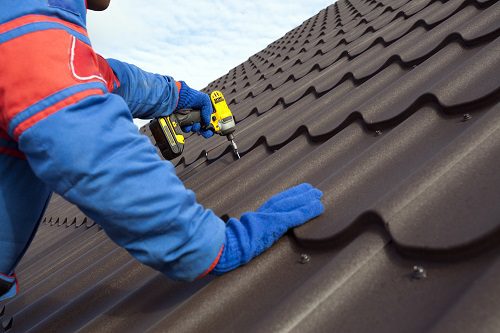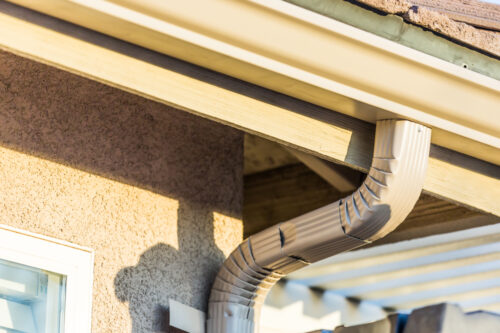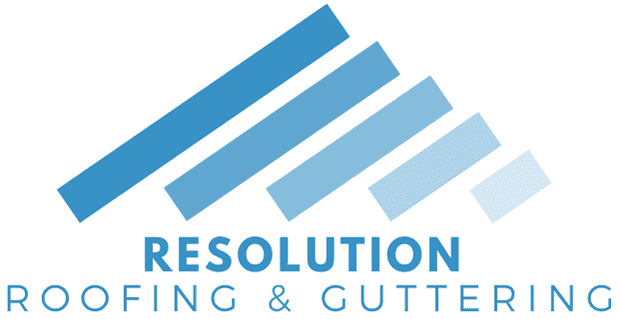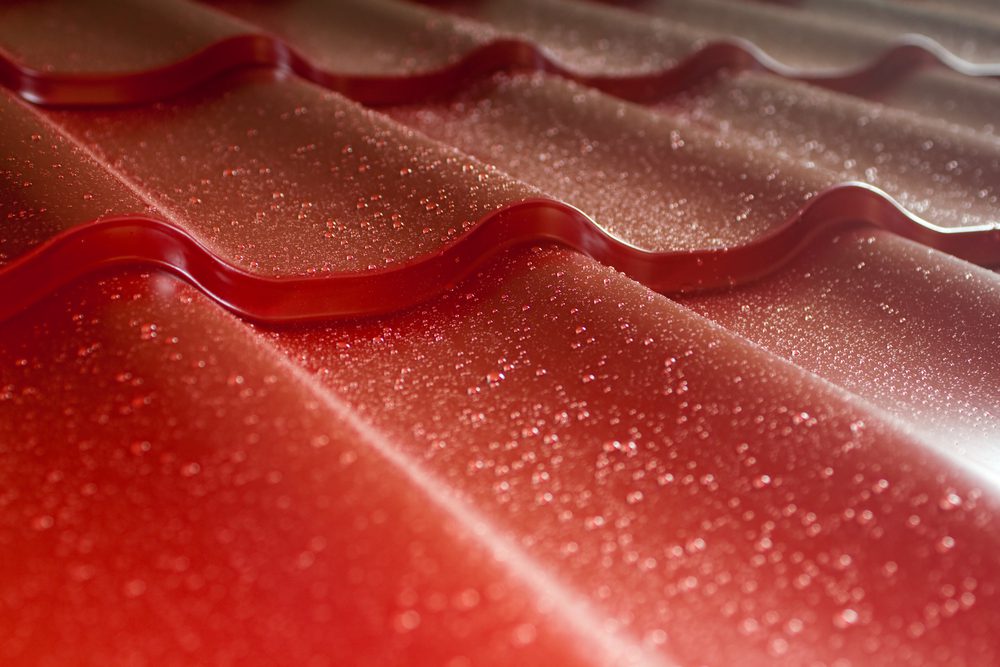Common Types Of Roofing Materials and Their Pros and Cons in Australia
In Australia, many different types of roofing materials are available, each with its own set of pros and cons. Some of the most common roofing materials include asphalt shingles, metal, tile, and more. In this article, we will explore the advantages and disadvantages of each type of roofing material, as well as provide an overview of the different options available.
Asphalt Shingles Roofing
Asphalt shingles are a popular choice for roofs in Australia due to their affordability, durability, and ease of installation. They are made from a base of fiberglass or organic material, coated with asphalt, and topped with granules that provide added protection and insulation.
Pros:
- Asphalt shingles are relatively inexpensive compared to other roofing materials.
- They are easy to install and can be done so by a DIY enthusiast or a professional contractor.
Asphalt shingles have a long lifespan, typically lasting between 20-30 years. - They are available in a wide range of colors and styles, making it easy to find a look that suits your home.
Cons:
- Asphalt shingles are not as durable as some other roofing materials and can be prone to cracking, fading, and curling over time.
- They are not as energy-efficient as some other roofing materials and may not provide as much insulation as metal or tile roofs.
- Asphalt shingles are not suitable for use in areas prone to extreme weather conditions, such as high winds or heavy rain.
Metal Roofing
Metal roofing is another popular choice in Australia, with materials including steel, aluminum, and copper. Metal roofing is known for its durability, energy efficiency, and low maintenance requirements.
Pros:
- Metal roofing is extremely durable, with a lifespan of up to 50 years or more.
- It is resistant to weather, including wind, rain, and extreme temperatures.
- Metal roofing is energy-efficient, reflecting heat and providing insulation to keep your home cooler in the summer and warmer in the winter.
- Metal roofing requires minimal maintenance, with just an occasional cleaning to remove debris and keep it looking new.
Cons:
- Metal roofing can be more expensive upfront compared to asphalt shingles.
- It can be noisy during rain or hail storms.
- Metal roofing may not be suitable for homes in areas with a lot of lightning or other electrical storms, as it is a conductor of electricity.
Tile Roofing
Tile roofing is traditional in Australia, with clay, concrete, and terracotta materials. Tile roofing is known for its longevity, durability, and aesthetic appeal.
Pros:
- Tile roofing has a very long lifespan, with many tiles lasting up to 100 years or more.
- It is extremely durable and can withstand extreme weather conditions.
- Tile roofing is energy-efficient, providing insulation and reflecting heat.
- It adds a classic and attractive look to any home.
Cons:
- Tile roofing can be more expensive upfront compared to other roofing materials.
- It is heavy, so it may require additional structural support in framing the roof.
- Tile roofing can be more difficult to install than asphalt shingles or metal roofing, requiring the expertise of a professional contractor.
Other Roofing Materials and Types Available In Brisbane and Sunshine Coast
In addition to asphalt shingles, metal, and tile, there are several other roofing materials available in Australia, including:
Fiber cement roofing
This newer material is made from a mixture of cement, sand, and fibers. It is known for its durability and versatility, as it can be made to resemble other materials such as wood or slate.
Pros:
- Fiber cement is durable and can last up to 50 years or more.
- It is resistant to weather and pests.
- It is available in a variety of colors and styles.
Cons:
- Fiber cement can be more expensive upfront compared to asphalt shingles.
- It is heavier than some other roofing materials and may require additional structural support.
- It can be more difficult to install than asphalt shingles or metal roofing, requiring the expertise of a professional contractor.
Rubber roofing
Rubber roofing is made from recycled rubber materials and is known for its durability and flexibility.
Pros:
- Rubber roofing is extremely durable, with a lifespan of up to 50 years or more.
- It is flexible, making it resistant to cracking and breaking.
Rubber roofing is energy-efficient and can help to reduce energy costs.
Cons:
- Rubber roofing can be more expensive upfront compared to asphalt shingles.
- It is not as aesthetically pleasing as other roofing materials and may not be suitable for all home styles.
- Rubber roofing may not be suitable for use in areas prone to extreme weather conditions, such as high winds or heavy rain.
Slate roofing
Slate roofing is made from natural stone and is known for its durability, longevity, and aesthetic appeal.
Pros:
- Slate roofing has a very long lifespan, with many tiles lasting up to 100 years or more.
- It is extremely durable and can withstand extreme weather conditions.
Slate roofing adds a classic and attractive look to any home.
Cons:
- Slate roofing can be very expensive upfront compared to other roofing materials.
- It is heavy, so it may require additional structural support in framing the roof.
- Slate roofing can be more difficult to install than asphalt shingles or metal roofing, requiring the expertise of a professional contractor.
Conclusion
When it comes to roofing materials in Australia, including Brisbane and the Sunshine Coast, there are many options to choose from, each with its own set of advantages and disadvantages.
Asphalt shingles are affordable and easy to install but may not be as durable as other materials.
Metal roofing is durable and energy-efficient but may be more expensive upfront and can be noisy during storms.
Tile roofing is long-lasting and adds a classic look to any home, but it is more expensive and may be more difficult to install.
Other options, such as fiber cement, rubber, and slate, offer their own unique benefits and drawbacks. It is important to carefully consider your needs and budget when choosing a roofing material for your home.
Some services that roofing companies in Brisbane and the Sunshine Coast commonly offer
- Roof repairs: This includes fixing damages such as leaks, missing or damaged tiles, and other structural issues.
- Roof replacements: This involves completely removing an old roof and installing a new one.
- Roof inspections: A professional inspection can help identify any issues with the roof and recommend necessary repairs or maintenance.
- Gutter cleaning: This involves removing debris and blockages from gutters to ensure proper drainage and prevent water damage.
- Roof cleaning: This involves removing dirt, algae, and other substances from the roof to improve its appearance and extend its lifespan.
- Roof restoration: This involves repairing and rejuvenating a roof to restore it to its original condition.
- Emergency roof repairs: Some roofing companies offer emergency repair services for urgent issues that need to be addressed immediately.
- Roof maintenance: This can include regular inspections and minor repairs to keep the roof in good condition and prevent major issues from developing.
- Installation of new roofing materials: This can include installing tiles, shingles, metal roofing, or other materials.
- Insulation and ventilation services: Some roofing companies may also offer services to improve the insulation and ventilation of a home, which can help improve energy efficiency and comfort.



